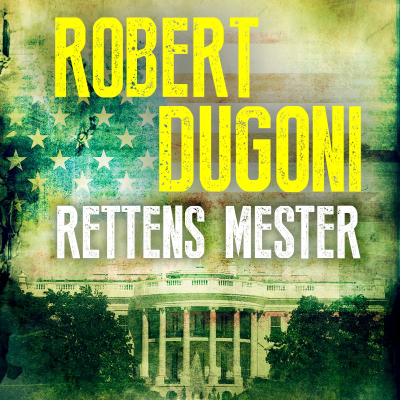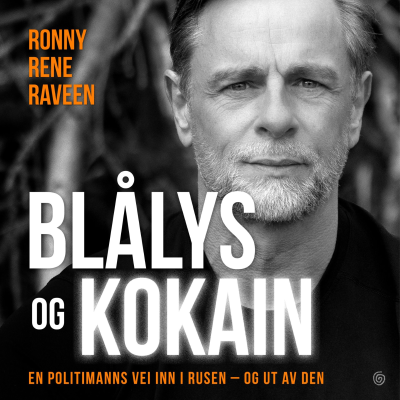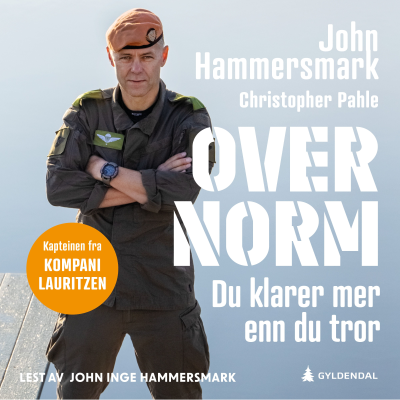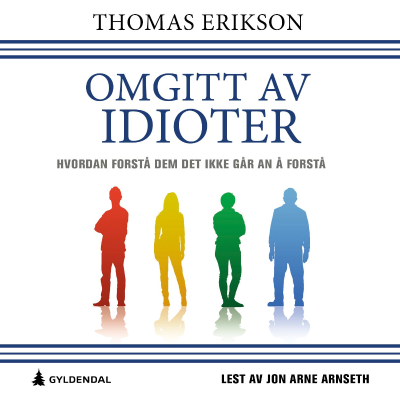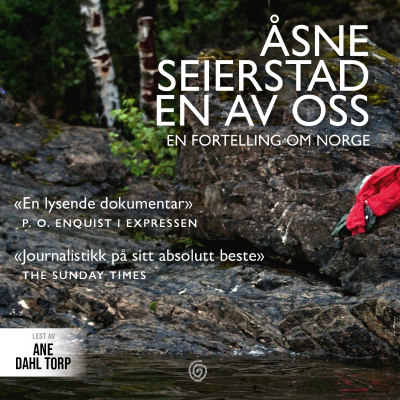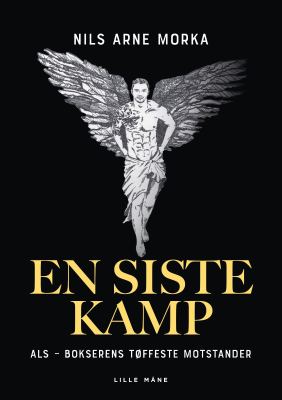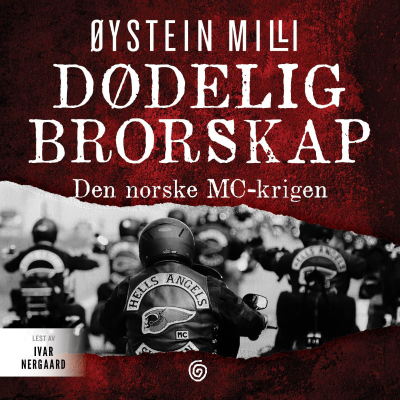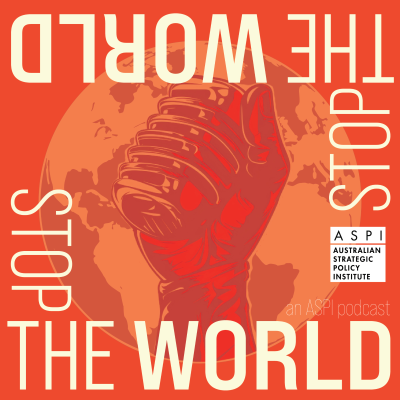
Stop the World
engelsk
Nyheter og politikk
Prøv gratis i 14 dager
99 kr / Måned etter prøveperioden.Avslutt når som helst.
- 20 timer lydbøker i måneden
- Eksklusive podkaster
- Gratis podkaster
Les mer Stop the World
Everything seems to be accelerating: geopolitics, technology, security threats, the dispersal of information. At times, it feels like a blur. But beneath the dizzying proliferation of events, discoveries, there are deeper trends that can be grasped and understood through conversation and debate. That’s the idea behind Stop the World, the Australian Strategic Policy Institute’s podcast on international affairs and security. Each week, we cast a freeze-frame around the blur of events and bring some clarity and insight on defence, technology, cyber, geopolitics and foreign policy.
Alle episoder
103 EpisoderAI, the India summit and the future of work with Dr Andrew Charlton and Maxwell Scott
It’s a double-segment episode of STW today. Fresh from last week’s India AI Impact Summit in Delhi, Australia’s Assistant Minister for Science, Technology and the Digital Economy, Dr Andrew Charlton, speaks with us about artificial intelligence, the future of the Australian economy—including the future of work—and progress on international cooperation on AI. Then we hear from Maxwell Scott, co-founder and CTO of Strat Alliance Global, which helps companies and organisations integrate AI safely and lawfully. Max continues the conversation on the prospects for rising productivity, how AI might complement, enhance or replace certain human tasks, the near term limitations of AI models, comparisons to the Industrial Revolution, and the worry that keeps Max awake at night: the risk of deliberate misuse by rogue humans. Max, who recently visited Australia, also talks about AI opportunities and risks here, prospects for global cooperation and governance, and competing models for national regulation. Speech by Dr Andrew Charlton [https://www.minister.industry.gov.au/ministers/charlton/speeches/speech-australian-business-economists-conference] Dave’s piece in the Australian Financial Review [https://www.afr.com/technology/sam-altman-ai-is-coming-for-my-job-too-20260223-p5o4ng]
Wrestling the dragon: IPAC head Luke de Pulford on staring down Beijing
Luke de Pulford is executive director of the Inter-Parliamentary Alliance on China – a cross-party network of parliamentarians from more than 40 countries who share concerns about Beijing’s behaviour at home and abroad. Luke, a human rights activist and anti-slavery advocate, recounts how the group came together in 2020, the challenges it faces and how it works to shift the centre of gravity on debates relating to Beijing’s punishment of critics and defiance of international norms. He talks about the challenges of holding China to account even as many countries drift away from taking principled stands, the impact of the United States’ retreat from leadership of the liberal order, and the need to be the squeakiest wheel when pushing human rights cases. He discusses the recent conviction and sentencing of businessman and democracy activist Jimmy Lai in Hong Kong, Britain’s shifting position on China relations, and the dilemma for Australia—which counts 20 parliamentarians from the major parties as members of IPAC—in having an economy heavily invested in China and a security strategy invested in the US.
Mira Rapp-Hooper on Trump, China and the future of US grand strategy - Episode 100!
It’s STW’s 100th episode, so we had to make it a good one! Enter former Biden White House adviser Mira Rapp-Hooper, one of the sharpest minds around on Indo-Pacific Strategy. Mira served as Special Assistant to the President and Senior Director for East Asia and Oceania in Joe Biden’s National Security Council. She’s the author of two books and is now a visiting fellow at Brookings. She gives her thoughts on Donald Trump’s China strategy and the unlikely prospects for a grand bargain; the strategic options for US allies such as Australia and Japan; the fallacy of seeing Washington’s unreliability as a reason to move closer to China; Xi Jinping’s plans for Taiwan and the dependability of US support to the democratic island. And the big question: what happens to US grand strategy after Donald Trump? Can the US start afresh and help build a new international order that serves the interests of all nations?
The Economist’s Shashank Joshi on 'purging the sentimentality' from our US relationship
Shashank Joshi is the Economist’s revered Defence Editor. He has deep strategic understanding combined with a rare gift for explaining things clearly. In today’s snappy half-hour episode of STW, Shashank shares his concerns about the future of democracy in the United States, the implications for the rest of the world, and the question of any emerging “Trump doctrine” from the US President’s international interventions. He talks about the impact of Trump’s short and sharp military operations without lengthy entanglements, his options on Iran, the significance of Europe’s firm stand against Trump over Greenland at Davos—which Shashank attended—the deep uncertainty as to Donald Trump’s overarching strategy towards China and the latest military purge by Xi Jinping. A key takeaway is the notion of derisking, which has traditionally applied to countries’ relationships with China but now is being discussed with respect to the US. As Shashank puts it, countries are having to think about a “ruthless purging of the sentimentality” in their US relationships
RIP the world order? Constanze Stelzenmueller on trans-Atlantic turmoil and its consequences
It’s been a hectic start to the year in international affairs: Greenland, Davos, Minnesota and more. Canada’s Mark Carney has delivered the last rites to the international rules-based order. NATO has settled back into a nervous simmer after Donald Trump escalated his demands to own Greenland only to back off. Again the question arises: can Europe strengthen itself to a point of security self-reliance and perhaps even form the foundation for a new liberal world order? For our first episode for 2026, David Wroe caught up with Constanze Stelzenmueller, expert on trans-Atlantic security, Fritz Stern Chair and a senior fellow in the Center on the United States and Europe at the Brookings Institution, to discuss these questions and more. Constanze gives her thoughts on Carney’s Davos speech as well as NATO head Mark Rutte’s dismissal that Europe can defend itself without the US. She talks about the difficulties with an independent nuclear deterrent, political dynamics in Europe — including with the far right — and ways for Europe to work around Brussels bureaucracy. Constanze finishes with some reflections from a brilliant short piece she wrote about Germany’s lessons on three-way dependencies on Russia, China and the US, as part of a series about Vladimir Putin’s notorious 2007 speech to the Munich Security Conference. Links: The Munich Security Conference’s volume on Putin’s 2007 speech: https://securityconference.org/en/news/full/out-now-selected-key-speeches-volume-iii/ [https://securityconference.org/en/news/full/out-now-selected-key-speeches-volume-iii/] The Steady State’s paper, “Accelerating Authoritarian Dynamics: Assessment of Democratic Decline,” https://substack.com/home/post/p-176315953 [https://substack.com/home/post/p-176315953]
Velg abonnementet ditt
Premium
20 timer lydbøker
Eksklusive podkaster
Gratis podkaster
Avslutt når som helst
Prøv gratis i 14 dager
Deretter 99 kr / måned
Premium Plus
100 timer lydbøker
Eksklusive podkaster
Gratis podkaster
Avslutt når som helst
Prøv gratis i 14 dager
Deretter 169 kr / måned
Prøv gratis i 14 dager. 99 kr / Måned etter prøveperioden. Avslutt når som helst.


























